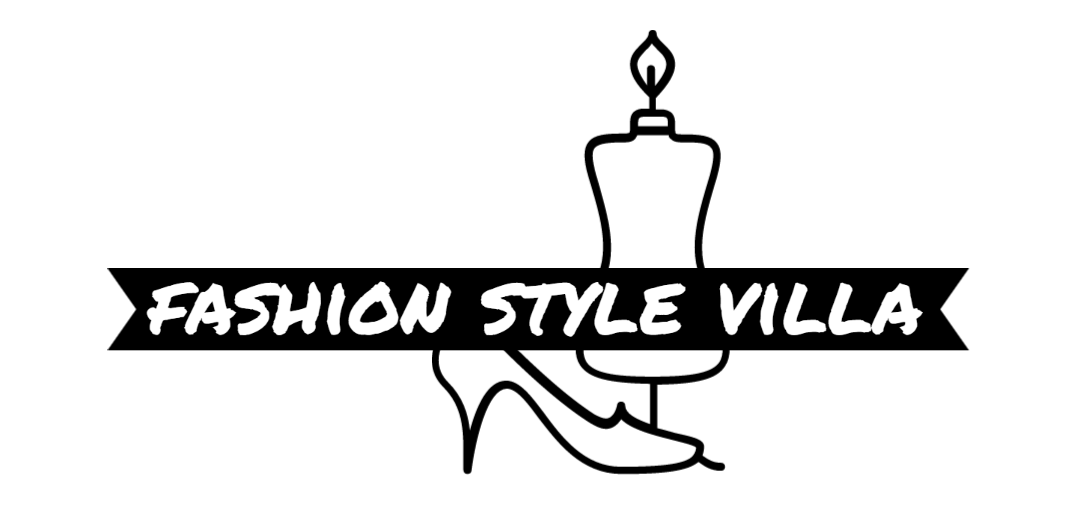Filing bankruptcy is a last resort when you have exhausted all other debt-reduction options. It’s important to understand the advantages and disadvantages of bankruptcy before deciding to file. It is also important to seek legal advice for bankruptcy as these tips are merely unprofessional advice.
Without bankruptcy, many people would become veritable slaves to creditors. Bankruptcy halts foreclosures, repossessions, lawsuits, wage garnishments, bank levies and other debt collection actions.
1. Stop Creditors from Harassing You
When you get bombarded with phone calls, letters and a sense of constant harassment from creditors, it can be distressing and overwhelming. One way to stop the madness is to file bankruptcy, either Chapter 7 or Chapter 13. Once your petition for bankruptcy is filed an automatic stay halts creditor contact and collection activities.
Bankruptcy protects you from creditor actions such as wage garnishment, bank account levies and lawsuits. The automatic stay puts an immediate end to creditor harassment, giving you the peace of mind you deserve.
In addition, filing for bankruptcy can help you obtain credit in the future by eliminating debt and boosting your credit score. Lenders know that people who have recently been through bankruptcy are often able to repay their debt, so they may be more willing to lend you money.
2. Get a Fresh Start
A big reason that people file for bankruptcy is because it allows them to start a new life without the burden of their debt. Once your debts are discharged, you will have the opportunity to rebuild your creditworthiness with unsecured loans like mortgages and car loans or secured credit cards (where you make a cash deposit that covers the credit limit).
Of course, some types of debts cannot be discharged through bankruptcy such as family support obligations, student loans and certain taxes. However, even if you can’t have most of your unsecured debts discharged, filing for bankruptcy gives you the chance to rebuild your finances with fresh starts and more knowledge about how to manage your money.
Other debt relief options, such as debt management programs and debt consolidation loans, typically require 3-5 years to reach a resolution and do not offer the same kind of fresh start.
3. Eliminate Debts
If you have accumulated a massive amount of debt due to uncontrollable circumstances or poor financial choices, bankruptcy could offer you the fresh start
that you need. The bankruptcy code was written to provide individuals with a way out of financial ruin. Eligible debt is either immediately discharged (Chapter 7) or reorganized and included in a repayment plan (Chapters 11 and 13). Collection activities like wage garnishments, liens and bank account levies are stopped as soon as you file for bankruptcy.
You can also keep most of your personal property, up to a certain dollar limit. This includes equity in your home, automobiles and tools of the trade. However, it is important to consider the impact of bankruptcy on your future financial goals before filing.
4. Boost Your Credit Score
A credit score is a number that lenders look at to determine whether to lend you money and what interest rate. While bankruptcy does temporarily hurt your credit score, it is possible to rebuild it afterward.
One important step is to develop a budget and stick to it. If you need help, your bankruptcy discharge attorney or the credit counseling agency that worked with you before you filed may be able to provide information on budgeting.
You should also check your credit reports regularly. You are entitled to one free report from each of the three major credit bureaus every 12 months. Make sure to keep an eye out for incorrect information that can be corrected as soon as it appears on your report.
5. Save Your Home
When people file bankruptcy, they worry that they will lose their home. However, most homeowners are able to keep their home by filing Chapter 13 bankruptcy. The law provides exemptions for your property so that if it’s worth less than certain dollar amounts, you can keep it. Chapter 13 also allows you to save your home by paying any mortgage arrearages and eliminating unsecured debt, like credit card debt or payday loans.
Bankruptcy may be the best option if you’re struggling to pay your debts. It can prevent foreclosure and repossession, as well as stop wage garnishment and debt collection harassment. While it can have an impact on your credit record for 10 years, there are ways to minimize the damage. In Harrisburg, PA a bankruptcy attorney can explain which type of bankruptcy will work best for you.
